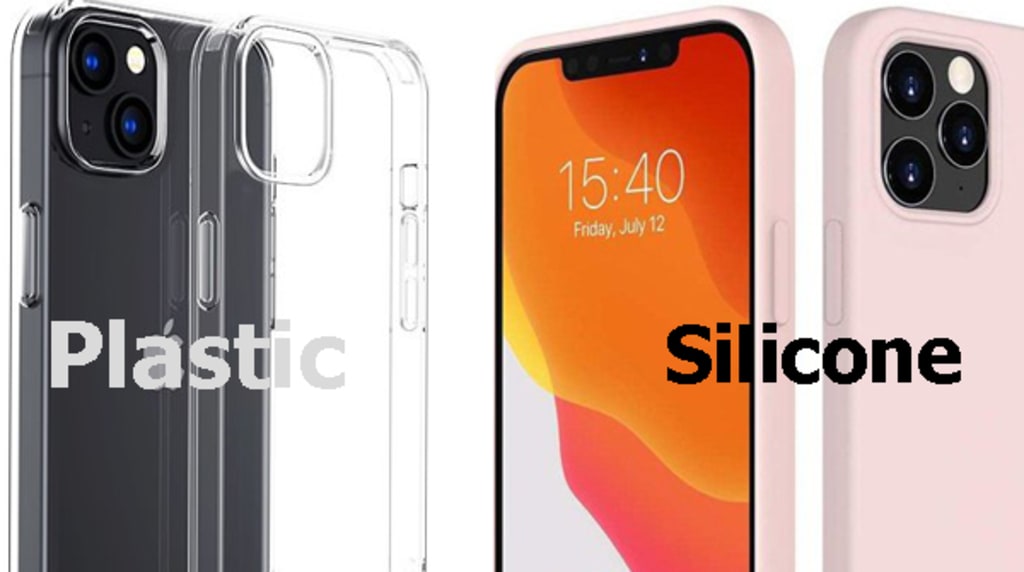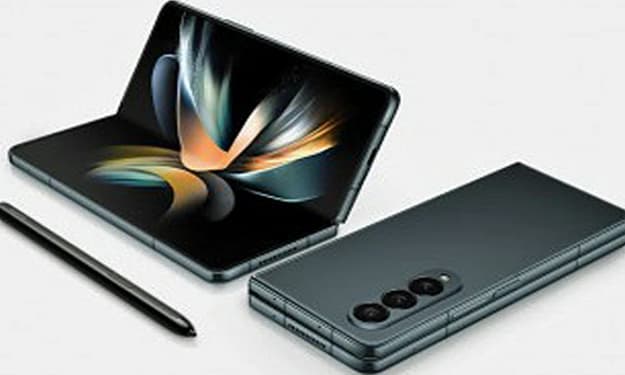Hard Phone vs. Soft Phone: Debating the Better Option
Best Mobile Phone Protection

Introduction:
In this age of technological advancements, the choice of communication devices has expanded beyond traditional landlines. With the rise of smartphones and the integration of VoIP (Voice over Internet Protocol) technology, the question arises: Is a hard phone or a soft phone the better option? Both options have their advantages and disadvantages, and the decision ultimately depends on various factors. In this article, we will explore the characteristics, features, and considerations of both hard phones and soft phones to help you make an informed decision.
I. Hard Phones: Traditional Communication with Reliability
Hard phones, also known as desk phones or physical phones, have been the cornerstone of telecommunication for decades. These devices are dedicated communication tools that provide a reliable means of connecting with others. Here are some key characteristics of hard phones:
1. Stability and Reliability:
Hard phones are known for their robustness and dependability. They are designed for continuous usage and offer excellent call quality. The physical presence of a hard phone provides a sense of reliability that many users appreciate.
2. Enhanced Features:
Traditional hard phones often come with a variety of features, such as programmable keys, speakerphones, call transfer, and voicemail. These features can be beneficial for businesses or individuals who require advanced functionalities.
3. Ergonomics and Comfort:
Hard phones are specifically designed for comfort during long conversations. They typically have ergonomic features, including comfortable handsets, adjustable volume controls, and easy-to-use interfaces.
II. Soft Phones: Flexibility and Versatility
Soft phones, on the other hand, leverage software applications and the internet to facilitate communication. They are virtual phone systems that can be installed on computers, smartphones, or tablets. Here are some key characteristics of soft phones:
1. Mobility and Flexibility:
Soft phones offer the advantage of mobility. By utilizing VoIP technology, users can make and receive calls from anywhere with an internet connection. This flexibility is particularly beneficial for remote workers, digital nomads, or businesses with distributed teams.
2. Cost-Effectiveness:
Soft phones often present a cost-effective solution, as they eliminate the need for separate physical phone systems. By utilizing existing devices and internet connectivity, users can significantly reduce hardware costs and maintenance expenses.
3. Integration and Collaboration:
Soft phones often integrate with other communication and collaboration tools, such as instant messaging, video conferencing, and email. This integration allows for seamless collaboration and efficient communication within teams.
III. Factors to Consider in Choosing between Hard Phones and Soft Phones:
Now that we have explored the characteristics of both hard phones and soft phones, let’s delve into the factors that can influence your decision:
1. Use Case:
Consider the purpose for which you require a communication device. If you primarily work from a fixed location and value stability, a hard phone may be the better choice. Alternatively, if you are frequently on the move and require flexibility, a soft phone might be more suitable.
2. Budget and Cost:
Evaluate your budgetary constraints. Hard phones typically involve upfront costs for the purchase of hardware, while soft phones often have lower initial expenses since they utilize existing devices. However, long-term costs may vary depending on factors such as maintenance, upgrades, and subscription fees.
3. Features and Functionality:
Assess your specific requirements regarding features and functionality. Hard phones often offer a wider range of advanced features, while soft phones excel in terms of integration with other tools and applications.
4. Reliability and Call Quality:
Consider the reliability and call quality offered by each option. Hard phones are known for their stability and consistent call quality, while soft phones may be more susceptible to network issues or internet connectivity problems.
Conclusion:
In the debate between hard phones and soft phones, there is no definitive winner. The choice ultimately depends on individual needs and preferences. Hard phones provide reliability, stability, and a comprehensive set of features, making them suitable for businesses and individuals who prioritize call quality and stationary usage. On the other hand, soft phones offer mobility, flexibility, and cost-effectiveness, catering to those who require seamless communication across multiple devices and locations.
To make an informed decision, carefully consider your use case, budget, required features, and the importance of call quality. Moreover, keep in mind that the evolving landscape of technology means that newer solutions may emerge in the future, further blurring the distinction between hard phones and soft phones. Ultimately, the ideal choice is one that aligns with your specific needs and adapts to the evolving demands of the modern world.
About the Creator
Mobile Lyme Limited
Mobile Lyme is a leading supplier of top quality, authentic smartphone accessories.
From our Headquarters in the Midlands we are effectively supplying the UK market. From cases and covers to wireless chargers, we have it all.






Comments
There are no comments for this story
Be the first to respond and start the conversation.